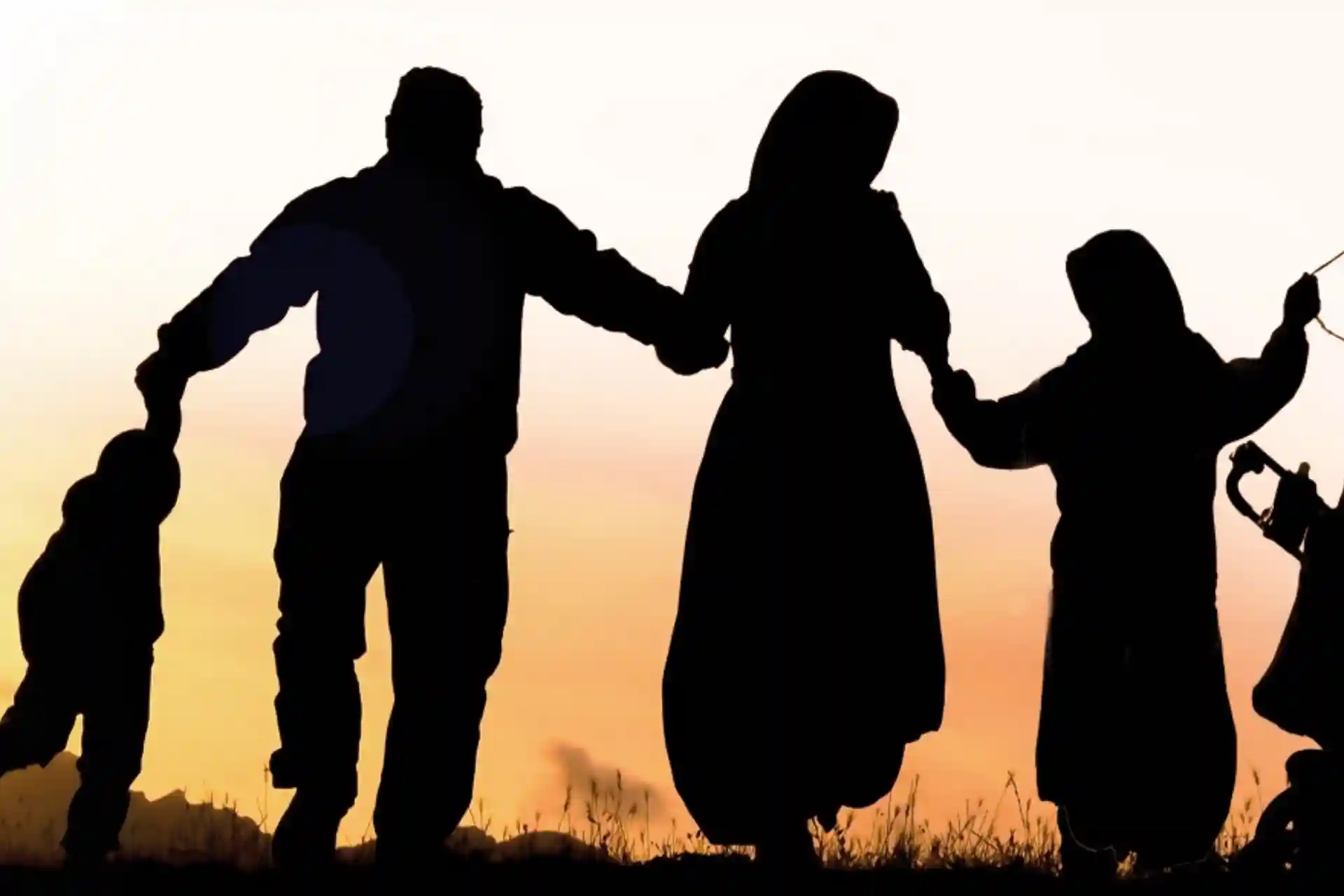16.06.2025 14:07
837
Two views that emerged with Islam
First: viewing life as a whole that encompasses mutually consistent elements
Islam pays no less attention to the spiritual and psychological aspects than to the material aspects. Similarly, the community is expected to observe the same etiquette required of an individual. While mutual interactions are based on etiquette, worship is based on spirituality. Just as Islam has given the community the same rights, individuals can also have the same rights. All good deeds are equal, and a person who performs one does not exempt himself from performing another good deed. In short, Islam calls for perfect happiness in both worlds and for building a virtuous society that is united in good and evil, helps in the path of piety and goodness, enjoins good and forbids evil.
"The believing men and the believing women are friends of one another. They enjoin what is right and forbid what is wrong." (Surah At-Tawbah, verse 71)
Second: Viewing all people as a family that helps each other and can only excel each other through piety.
If we look at the unity of the heavenly messages, the brotherhood between all the prophets, we see that none of them is distinguished from the others. This view in itself indicates the need to be forgiving in dealings, justice and goodness, to act wisely and seek benefit in all situations, the widespread spread of Islam on earth, and the fact that Islamic culture has the most advantages of what humanity has.
The Holy Quran also contains many verses calling for good morals, social virtues, and dealing with people based on truth and justice. These include being kind to parents, voluntarily helping relatives, orphans, and the poor, feeding the hungry, being gentle with the weak and sick, being forgiving and tolerant, being patient and truthful, being loyal and faithful, helping in the path of goodness and piety, and living on earth seeking the bounty of Allah.
At the same time, the Quran contains many verses that discourage bad and immoral behavior, such as open debauchery with the tongue, evil suspicion, lying, betrayal, oppression and excess, hostility, committing obscenity, consuming the wealth of others and orphans unjustly, using force against orphans, being unfair, and wasteful.
In addition, there are many related hadiths of the Prophet, sayings and practices of the caliphs and companions, and all of these are inspired by the Quran, confirming the Quran and providing commentary on it.
According to Islam, all people are equal in the face of this call and warning. Neither the prophet, nor the follower, nor anyone else can be indifferent to these teachings. Also, superiority among people is built on the basis of paying the most attention to these calls and warnings and being pious. Whoever has good morals, is just, is far from corruption and prevents others from being enslaved to corruption, and fears Allah, only then can he be superior to those who are indifferent to these things. Moreover, black, white, red, rich and poor are equal in being the possessor of this piety or being criticized.
At the same time, all those who help each other in goodness and piety, regardless of their rank, status, and position, are like members of one family. Their dealings with each other are like those of brothers. They try to ensure the safety of non-Muslims in addition to their Muslim brothers. Such situations have occurred many times in history, when Muslims took non-Muslims who were powerless against the oppressor into their care and took responsibility for their safety.

